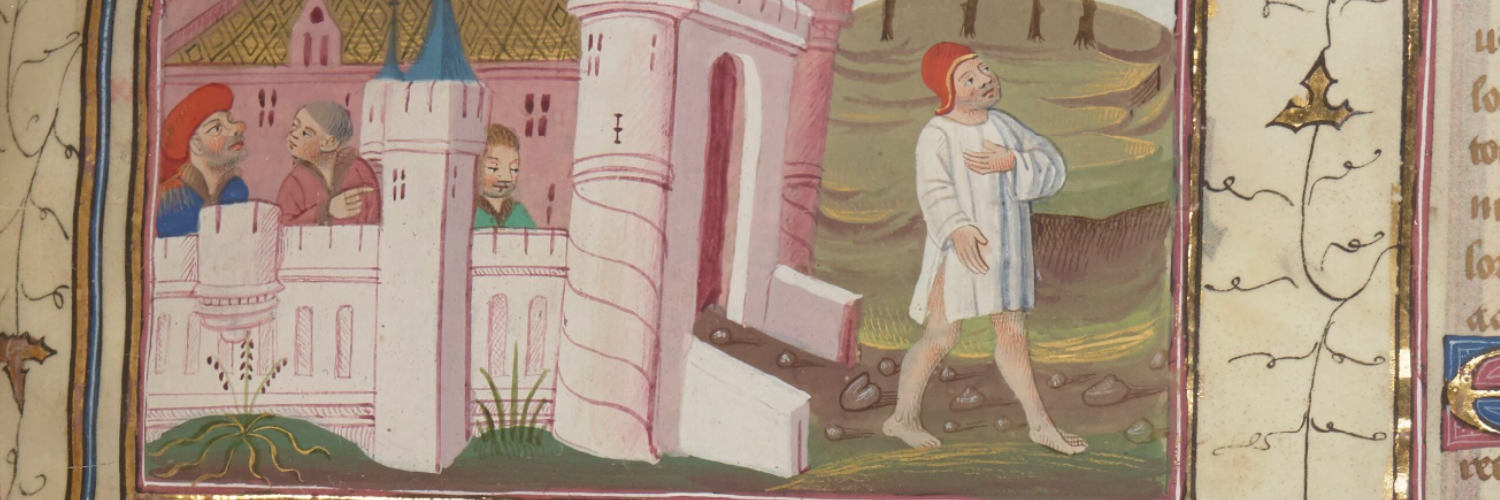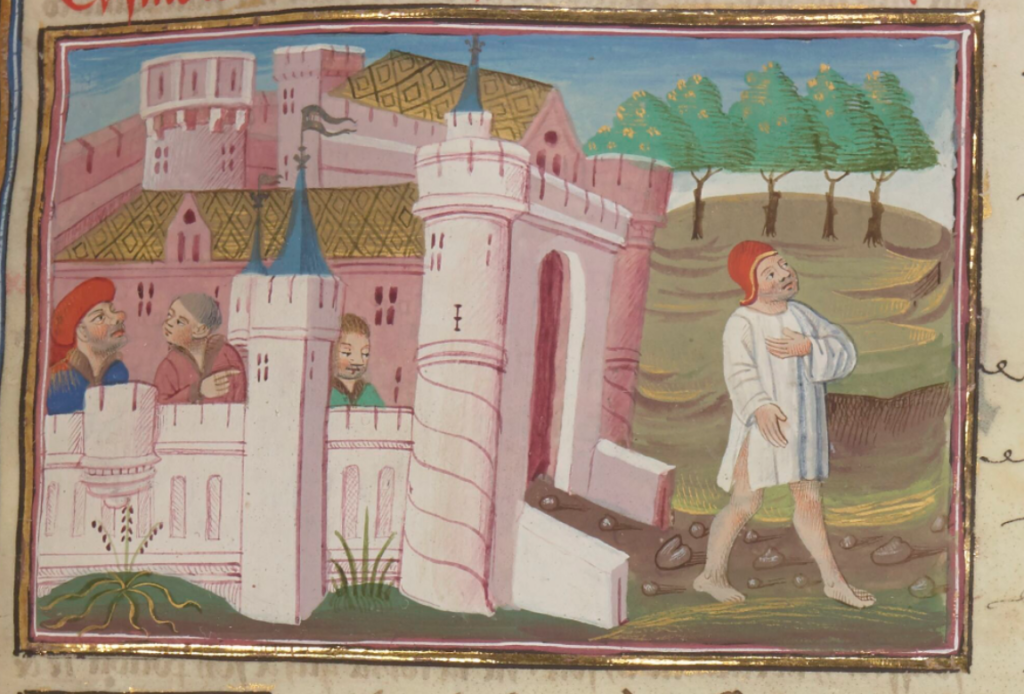
Posted by Edward Mills
13 October 2025We share more news of a recent publication this week, albeit one quite different in focus to Laura Burnett’s recent and fascinating exploration of horse heraldry. Edward Mills, who runs the Centre blog (and, indeed, writes the editorial introductions), talks about the conclusion of a research project that has had a very personal resonance.
The strands really started to come together about two and a half years ago. In early 2023, I’d been working at Exeter for a few years post-PhD, and had become increasingly involved in supporting the University of Exeter’s work with autistic students. Having received a late diagnosis of autism myself — something I’ve written about in more detail elsewhere — I found myself very keen to ensure that incoming students (in all subjects) were supported in confronting the challenges (and opportunities) that come with attending university while neurodivergent. Lo and behold: Edward explaining the interlocking sources of student support, with reference to the Muppets.
As some readers of this blog may know, I had also, by that point in 2023, become very keen on talking about medieval studies to literally anything that moved. It was inevitable, then, that I’d end up trying to bring these two interests together, and thinking about ‘medieval autism’: whether we can (or indeed should) draw on a concept like ‘neurodivergence’ when working with premodern sources, for whose writers such terminology would have been alien.
The resulting talk is available online in video form, as it was delivered the wonderfully-named ‘special interest group’, REsearchers and Students On Neurodiversity (REaSON). Following an incredibly rewarding collaborative process, I’m also delighted to be able to say that a revised version of it is also now out in open-access chapter form, as part of the collection Towards an Accessible Academy: Perspectives from Disabled Medievalists. My chapter’s in great company, and I’m enormously grateful to have been able to be a small part of an intervention that’s both urgently needed and exceptionally well put together.
To summarise the chapter in a single sentence, I try to make the case that neurodivergence can indeed be a viable and illuminating lens through which to examine medieval sources, particularly in the literary sphere, and that considering certain behaviours as ‘autism-like’ (modelled on Judith Bennett’s ‘lesbian-like‘) might offer one way out of the methodological quagmire in which such discussions often get bogged down. Surely, after all, there’s more to Lancelot’s intense reaction to not finding his friend, the giant Galehot, at Sorelois than simply folie (‘madness’)?

I’m very much aware that this sort of exploratory, tentative work won’t meet with universal approval. There are important underlying principles in the study of ‘medieval autism’ that would benefit from more perspectives: how large is the corpus of medieval individuals, in literature or elsewhere, who might be associated with ‘autism-like’ behaviour? More fundamentally, what else might we as researchers ‘do’ with the idea that people displaying autism-like traits (as we understand them today) almost certainly existed in the Middle Ages?
It’s entirely possible that these questions might eventually derail the concept of ‘autism-like’ entirely, and I’d be lying if I said I wasn’t nervous about what reviews might say about the chapter in due course. Nevertheless, I am (rightly or otherwise) pleased to have been able to make some contribution, however small, to a little-explored but fascinating field. While waiting for reviews to come in, meanwhile, I’ll be delighted if my chapter manages to raise more questions than it answers.